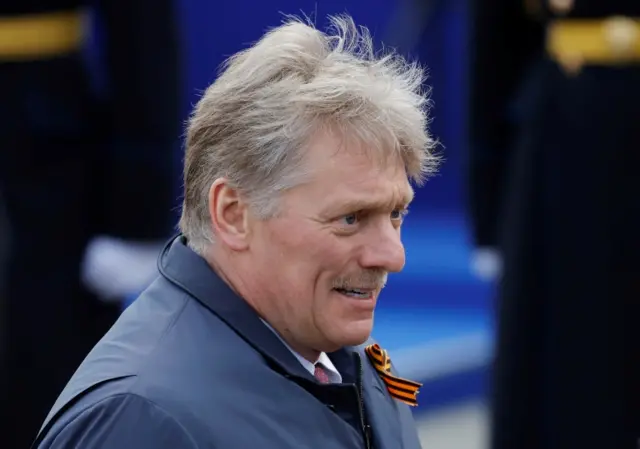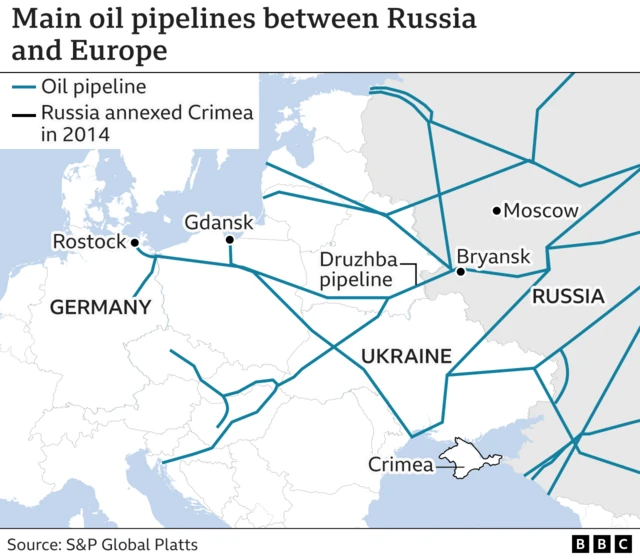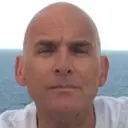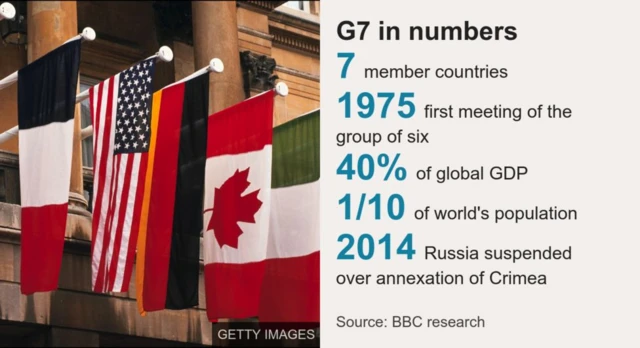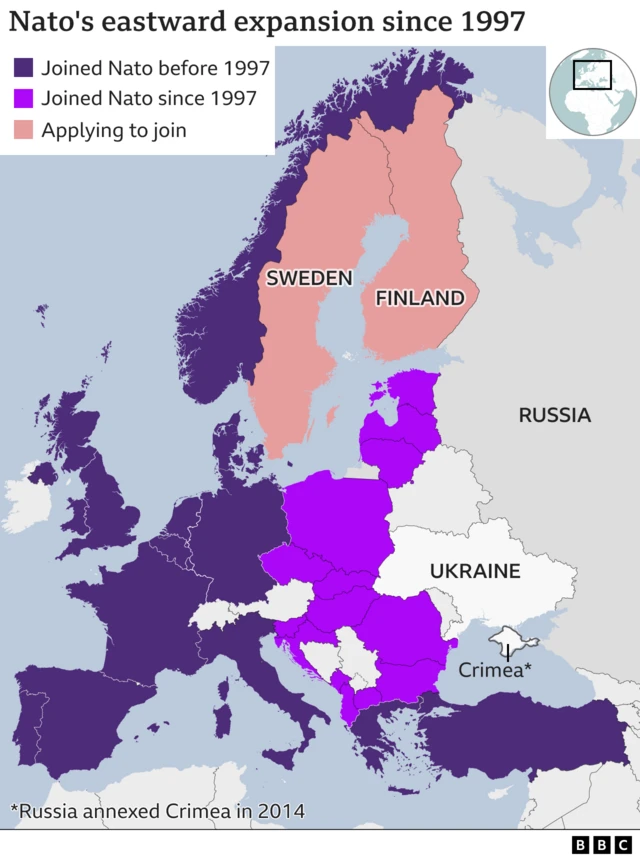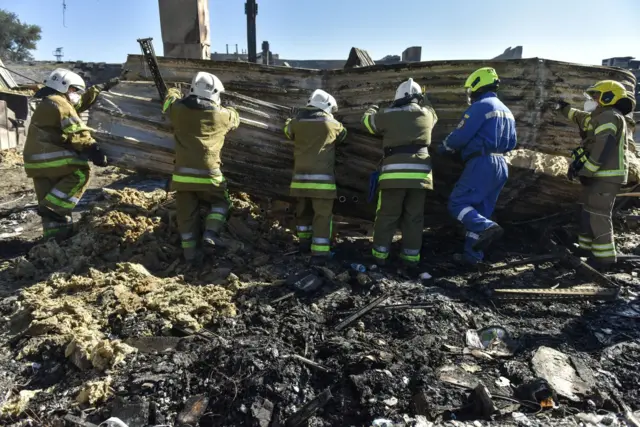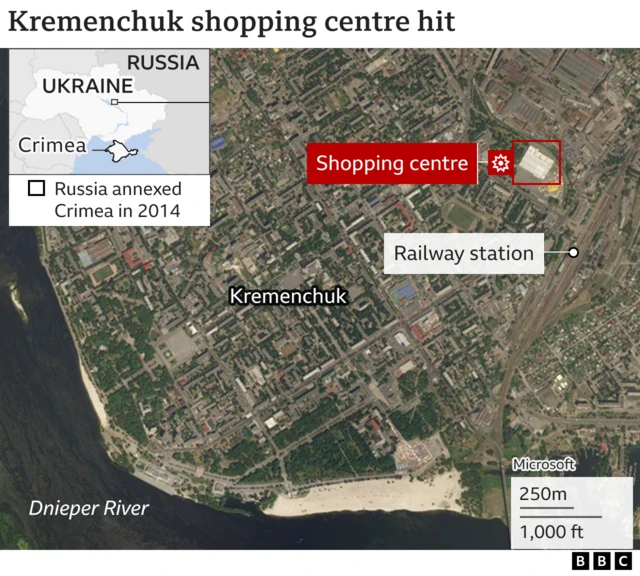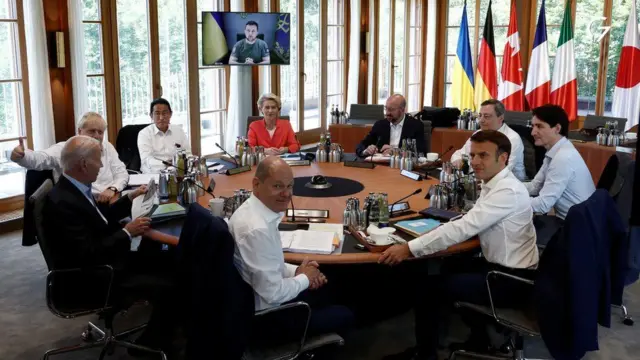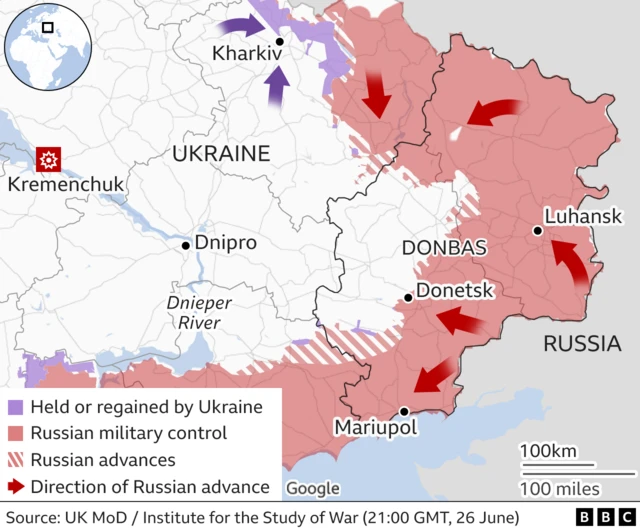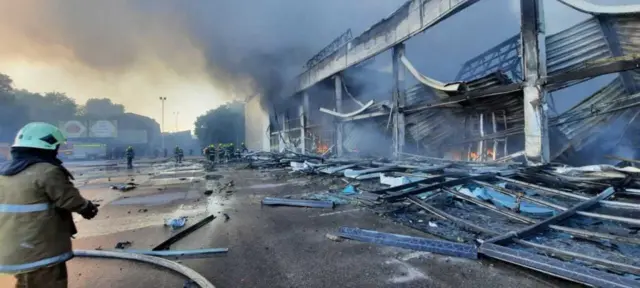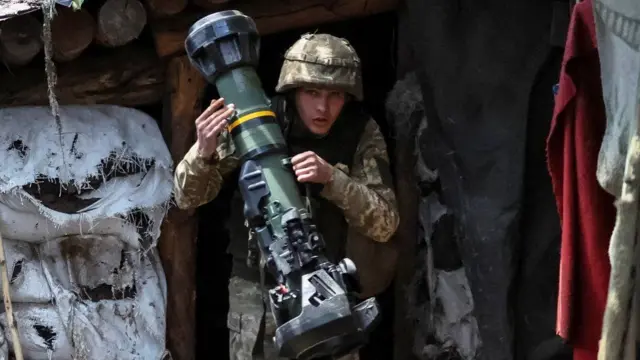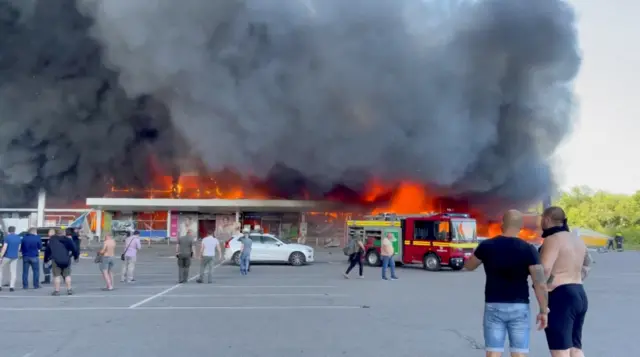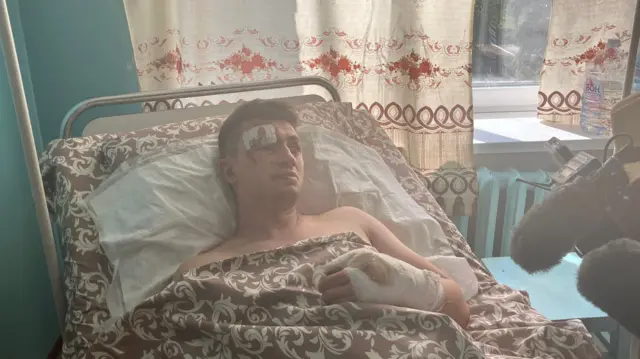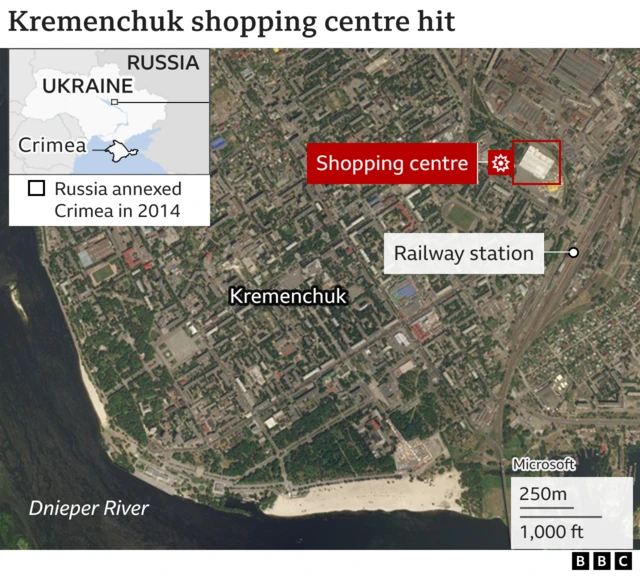G7 will keep price of war high for Putin - German leaderpublished at 11:59 BST 28 June 2022
Germany's Chancellor Olaf Scholz, speaking at the conclusion of the G7 summit in Bavaria, says the group of leaders is united in its support of Ukraine, and agree that Russia's President Putin must not win the war.
He says the group wants to keep the political and economic price of the war high for Putin and his government.
He says a Marshall plan - a plan for recovery - is needed for Ukraine.
